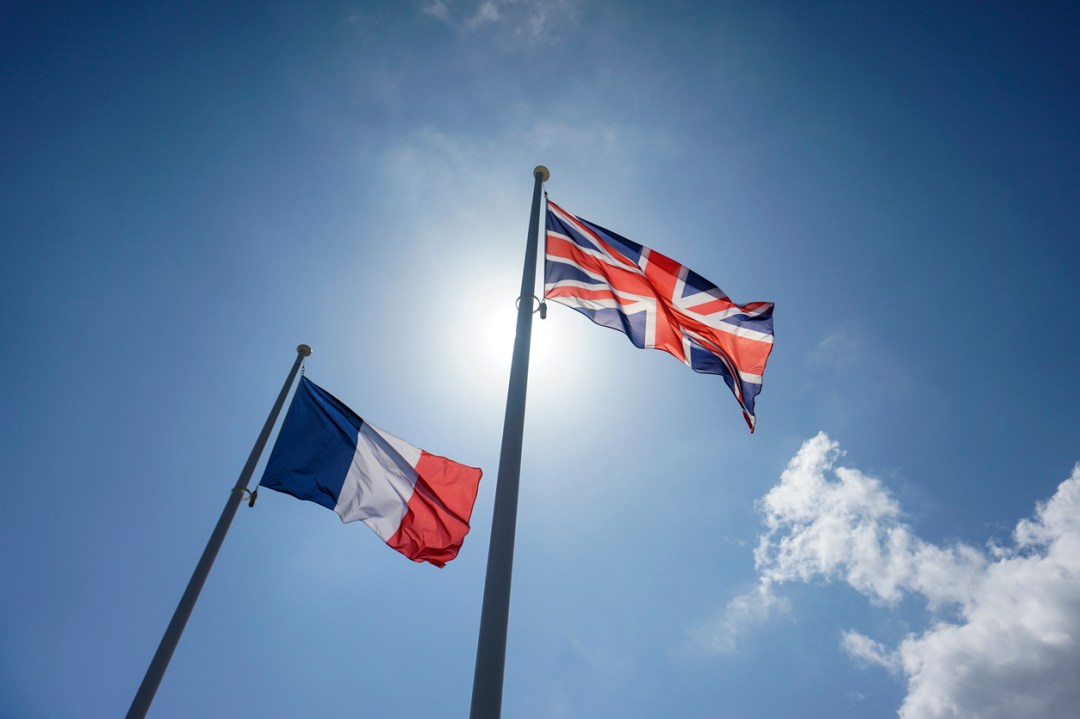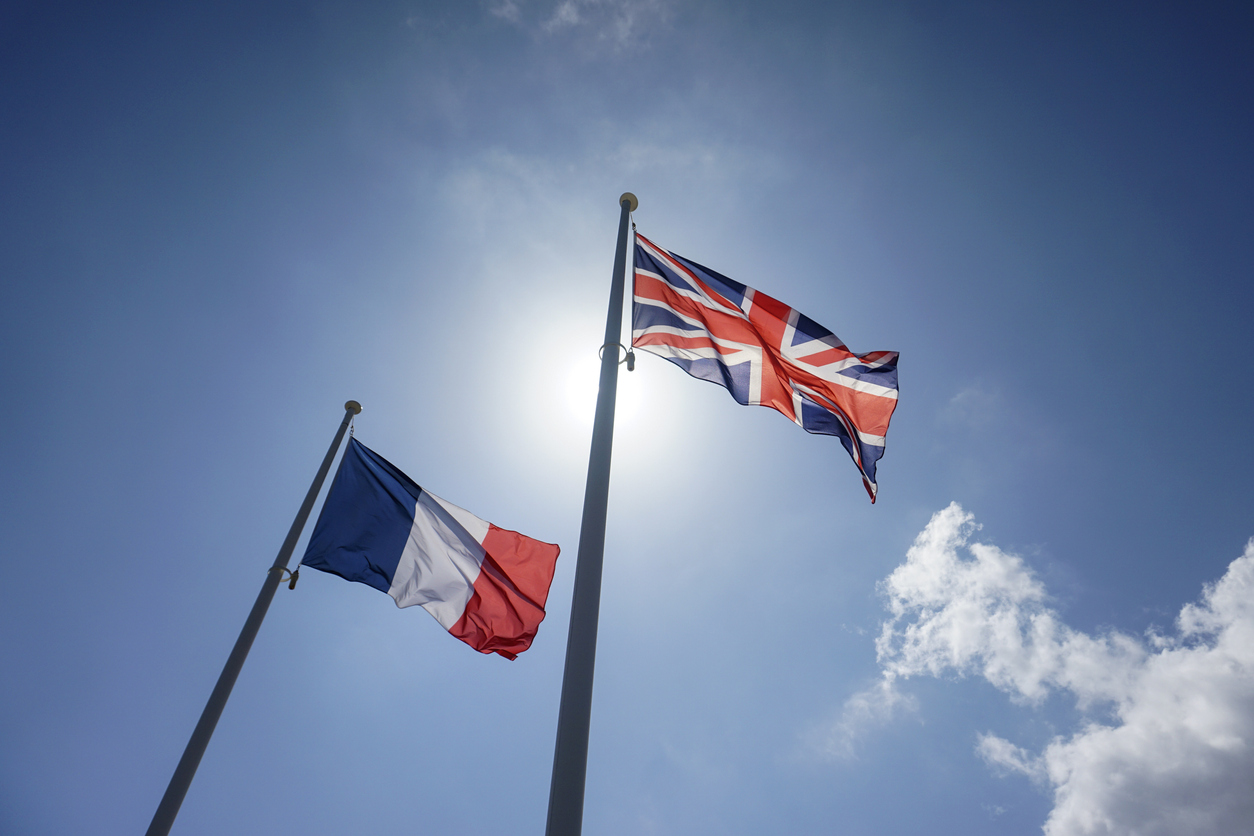‘Tis the season to be jolly, unless you live in Britain. An Ipsos poll last week suggested there is widespread pessimism in the UK about the year ahead. Six out of ten Brits expect food shortages in 2023, 57 per cent believe it unlikely their personal finances will improve, and two-thirds fear a general strike.
British doom and gloom has been growing in recent years. According to data released last month by the Organisation for Economic Cooperation and Development (OECD), the use of antidepressants in Britain has rocketed, with only Iceland and Portugal among 18 European nations having a higher consumption. In 2010, 54 people per 1,000 in Britain were taking antidepressants, a figure that doubled to 108 in 2020; in contrast, France’s consumption has remained stable at 53 per 1,000.
One thing’s for sure, the spirit of 2012 has long since evaporated. Is it only a decade since Britain hosted the summer Olympics, a golden year when the world came to London to party? The Games’ motto was ‘Inspire a Generation’ and boys and girls took it to heart, as Team GB showed what could be achieved with ambition, focus and drive.
And now look at that generation. One in ten intend never to start working and a third believe they won’t achieve their life’s ambition.
In an article on Coffee House last week headlined ‘Britain’s young are giving up hope’, John Oxley described a ‘generation that has soured on ambition… the under forties [are] drifting towards professional apathy.’
Who can blame them? Millions leave university saddled with debt and now they face the highest taxes in decades, real wages declining at a record rate and the Herculean task of getting on the housing ladder. What is there to be cheerful about?
Certainly not the England football team, who once more failed to give the nation a lift after their meek exit in the quarter-final at the hands of France.
It was perhaps fitting that it was France who killed off England’s dreams of World Cup glory for another four years; in 2005 Britain pipped the French for the right to host the 2012 Games, a defeat that did not go down well in Paris.
How we Brits lorded it over our grumpy Gallic neighbours, not just at the time but right the way through to the Olympics. The Daily Mail reported in 2012 that France had been sulkier than usual because they’re ‘still very sore that London beat Paris to host the 2012 Games’. The medal table was the final insult, France’s haul of 35 medals dwarfed by Team GB’s 65.
‘It’s driving the French mad,’ chuckled David Cameron when asked in an interview about the success of Britain’s cyclists at the Olympics and that year’s Tour de France.
That wasn’t the first time the Prime Minister had poked fun at the French. The month before the Olympics he sparked a diplomatic row when he announced he would ‘roll out the red carpet’ to French movers and shakers seeking refuge from François Hollande. Elected president in May 2012, the Socialist had declared when campaigning that his enemy was ‘the world of finance’, and he proved it with the introduction of a 75 per cent marginal income tax bracket for annual incomes above €1 million.
It wasn’t only the rich who upped sticks; tens of thousands of young people moved across the Channel, an exodus that caught the eye of the New York Times in 2014. One of the French people the paper interviewed explained that ‘in London, there’s this can-do attitude, and a sense that anything’s possible.’
How the Tories laughed at France’s left-wing lunacy. On a business trip to Delhi in November 2012 the mayor of London, Boris Johnson, joked that judging by the French hostility to the Indian steelmaker Lakshmi Mittal, ‘the sans-culottes appear to have captured the government!’ You know what to do, boomed Boris, ‘come to London, come to the business capital of the world… at the cutting edge of all the great growth businesses of the 21st Century.’
French-bashing became de rigueur for British politicians and business leaders. Few were as withering as Andy Street, the managing director of John Lewis, who in October 2014 described France as ‘sclerotic, hopeless and downbeat’, a country where ‘nothing works and, worse, nobody cares about it.’
An indignant President Hollande decided enough was enough and despatched his Prime Minister across the Channel with a request for Britain to stop bashing France. Manuel Valls arrived in London with the rising star of Hollande’s administration, the boyish 37-year-old Economy Minister Emmanuel Macron. The pair insisted France was pro-business and Macron – a former Rothschild banker, as the British media pointed out – promised that ‘our [economic] model is coming to its end. We need to reform the country, for the sake of the country.’
Since he became President in 2017, Macron has found it harder to reform France than he envisaged, although he has made the country more attractive for business than his predecessor. Within months of taking office Macron slashed the wealth tax and corporate tax rates have steadily fallen from 33 to 25 per cent. Last week the French government passed a budget for 2023 that includes an €8 billion tax cut on businesses.
In Britain, the corporation tax rate has moved in the other direction, and last month Chancellor Jeremy Hunt announced it will rise in April from 19 to 25 per cent; the Daily Telegraph could barely bring itself to acknowledge that because of Hunt’s business tax raid, UK shareholders will now be ‘worse off than the French’.
Tory Britain is no longer a friend of business and nor is it particularly pally with its young. More and more aspirational British twenty-somethings are doing what the ambitious young French did a decade ago and heading to countries where they feel they have more chance of fulfilling their potential.
France remains a country afflicted by numerous economic and social problems but the days when Britain could mock it as ‘sclerotic, hopeless and downbeat’ are long gone.
Britain is the new France – minus the decent football team.








Comments